& The Law
overnment sluggishness in evaluating proposals, processing change orders, and responding to requests for information is not new. But contractors’ struggles to accurately price bids and hold those prices while waiting for the government to act has taken on new urgency in the face of the economic volatility of the past few years.
There are no silver bullets for this challenge, but contractors can mitigate and recover their increased costs for this type of delay in some circumstances.
The government is not obligated to grant the request—the government knows that it can delay the procurement without suffering cost increases experienced by private parties, and it takes great advantage of that benefit. Still, in some cases the contracting officer will agree to repricing. Contractors cannot be shy about protecting their interests. The worst thing that the contracting officer can do is deny the request.
An economic price adjustment, or EPA, clause generally allows a contractor to seek a price adjustment in the event that the cost of labor or materials exceeds the contractor’s schedule of values. The increases are often determined by referring to economic indices identified by the contracting officer, but actual costs can also form the basis for the adjustment. EPA clauses also require the contractor to reduce its prices when labor and materials costs go down.
Federal agencies are inconsistent in their use of EPA clauses. The US Army Corps of Engineers has taken the position that EPA clauses are not appropriate for construction contracts. Other agencies with significant construction work have been known to agree to the insertion of EPA clauses in construction contracts. The lesson to take from this is that contractors should always request an EPA clause when negotiating a contract with the federal government.
A recent decision by the Armed Services Board of Contract Appeal, or ASBCA, allowed a contractor to pursue its claim that its subcontractors experienced inflation-related cost increases as a result of a constructive suspension of work by the government. The contractor asserted that the government’s actions and inactions in response to COVID-19 hindered subcontractors’ ability to perform, leading to delay and inflation-related cost increases. The contractor also asserted that, by denying the impact of COVID-19-related factors on the project schedule, the government constructively suspended the contract. While the ASBCA decision denied the government’s motion to dismiss the contractor’s appeal, the ASBCA has not yet decided the merits of the case. Nonetheless, the decision illustrates the importance of tying otherwise unrecoverable inflation-related cost increases directly to government action or inaction that would, by itself, entitle a contractor to relief.
As a matter of course, contractors should thoroughly document any delays, cost increases, changes, and communication with the government as they happen. That documentation will prove important when trying to convince the government that the contractor is entitled to a contract price increase, or when trying to convince a judge of the same thing years after the fact. Every case is different, so there is no single approach to recovering increased costs. If you have questions about how to proceed, contact qualified government contracts counsel for advice.
